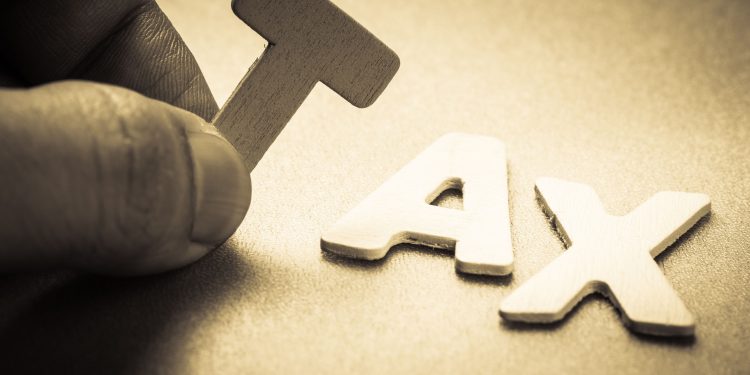Bharat Jhunjhunwala
Finance Minister Nirmala Sitaraman has increased the marginal tax rate on high net worth individuals (HNIs) from about 35 per cent till now to 42.7 per cent. “Marginal” rate of 42.7 per cent means that the taxpayer will have to pay income tax of 42.7 paise out of every one rupee earned by him or her above an income of Rs 5 crore. On the face, this is a step in the right direction. The rich earn money from the country and they have a greater responsibility towards our people. However, globalisation has created a totally different dynamics of taxation because the HNIs can migrate to other countries where the tax rates are less. They can continue to do business in India as “foreign” nationals. For instance, a person invested Rs 100 crore in a business and is making profit of Rs 6 crore per year. S/he would have to pay an Income Tax of Rs 2.49 crore as an Indian national as per the new rates announced by the Finance Minister. Now let us say, he migrates to Abu Dhabi, pulls out his investment from India, then sends that money back to India as “Foreign Investment” and continues to run his business as previously. But now the income earned by him in India will be taxed in Abu Dhabi. The catch is that the income tax in Abu Dhabi is zero. Therefore, if you become an Abu Dhabi citizen, you do not have to pay tax on your income in India.
The rate is lower if not zero in most developed countries. The marginal rate of Income Tax is 30 per cent in the United States of America. These lower-than-India tax rates provide a huge incentive for HNIs to migrate out of India. According to one report, about 5,000 HNIs have been migrating from India every year. These HNIs are taking their wealth with them. Once abroad, they have less incentive to invest in India. In this way, the high tax rates will harm investments in India. Thus, TV Mohandas Pai, chairman of Manipal Global Education, says: “Tax terrorism is the foremost cause of millionaire exodus. Most of those who have left India were from Mumbai and Delhi… They said that tax harassment had peaked so much that it had created a fear psychosis among them.”
The other grouse is the deteriorating quality of life in India. The HNIs say that air quality, traffic condition and other parameters of good living environment have gone from bad to worse over the years, says Pai. The Bullet Train is leading to cutting of large numbers of mangroves; the National Waterway Project on the Ganga is leading to killing of dolphins and turtles; forests in the Aravalli Range are being cut for housing projects… The list goes on and on. The result of these “development” activities is that the quality of life has deteriorated and HNIs are migrating. A friend of mine was living in Delhi. His wife’s weight came down from 45 kilos to 22 kilos. Then he migrated to Dehradun and her weight returned to normal without any medications. The same is true with the HNIs.
The third reason for migration of HNIs is that they are looking at investing and building assets overseas. The best way to do this is to become an overseas resident, says Pai. The economic growth is down in India and there are few investment opportunities. For these reasons, raising the income tax rate will only lead to an exodus of HNIs from India and boomerang as lower income tax collections, lower investments and lower rates of GDP growth. It is impossible to sustain High Income Tax rates once we have opened our economy to global capital flows. Today every country is reducing the tax rates to attract HNIs. To increase tax rates in this scenario will be suicidal.






































